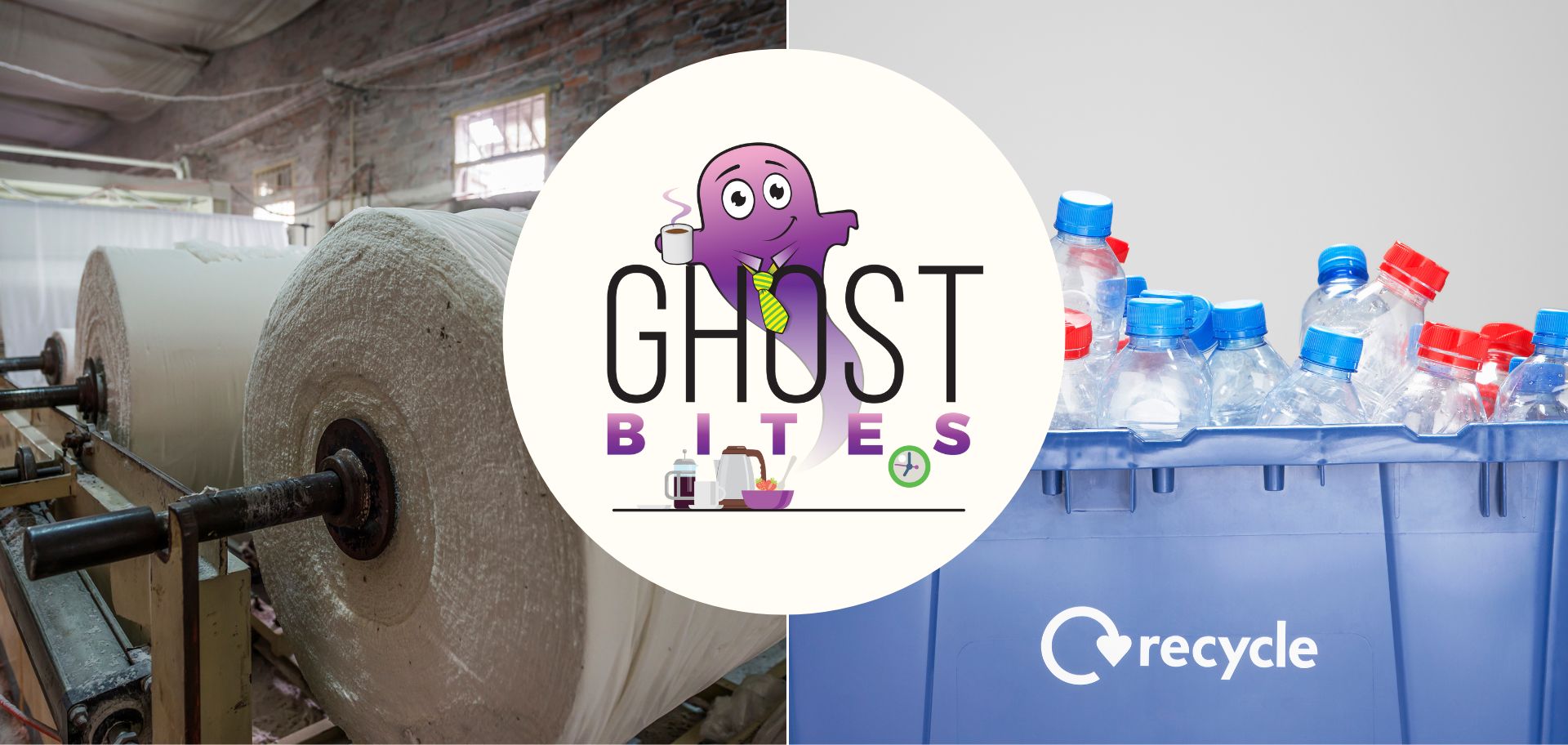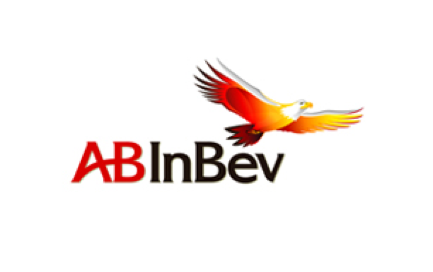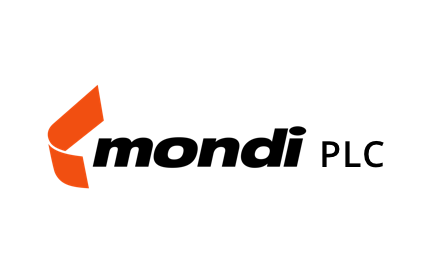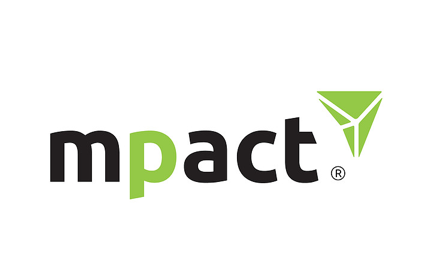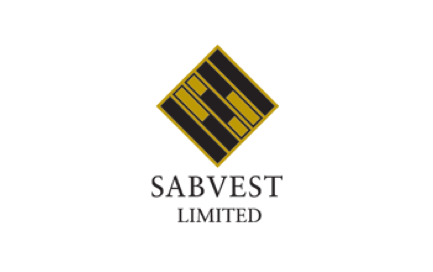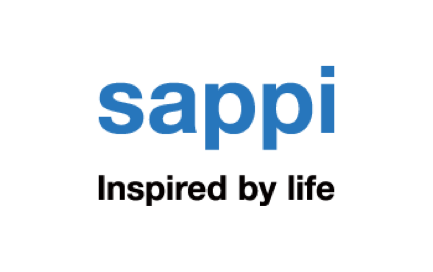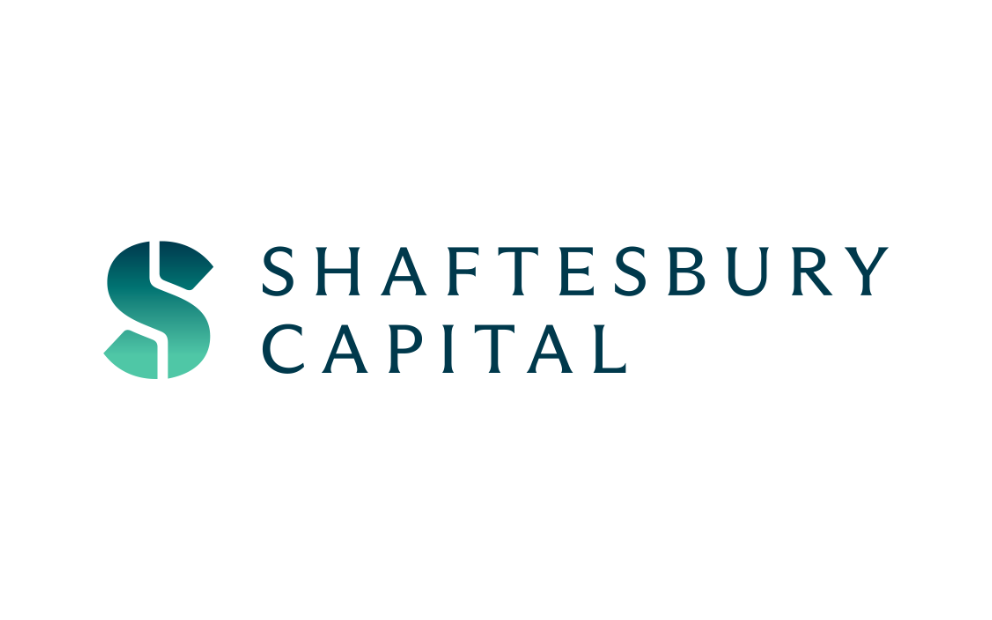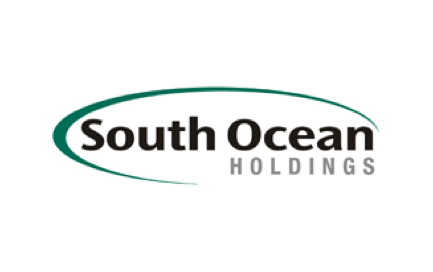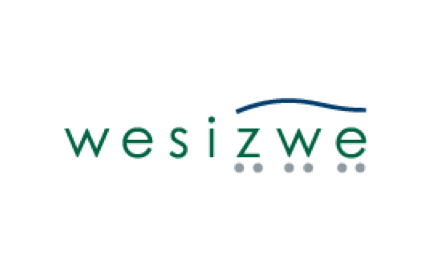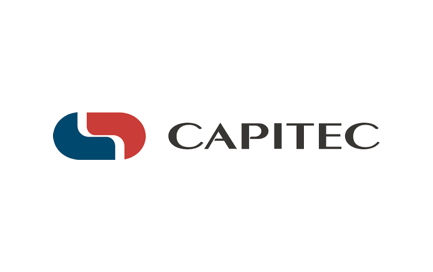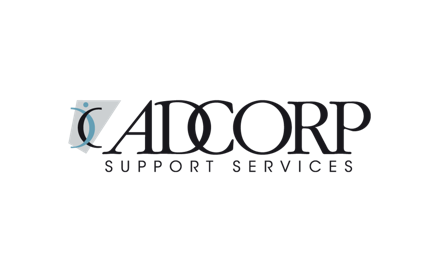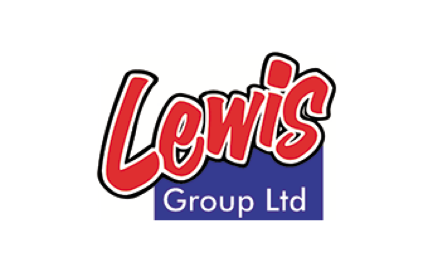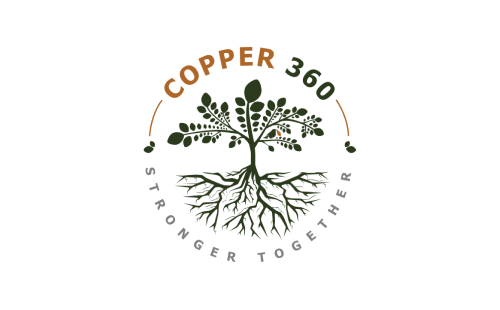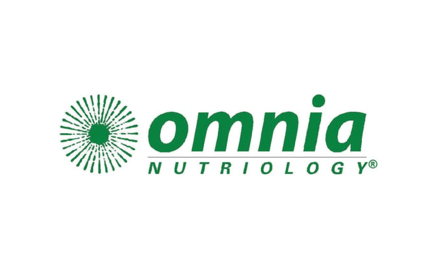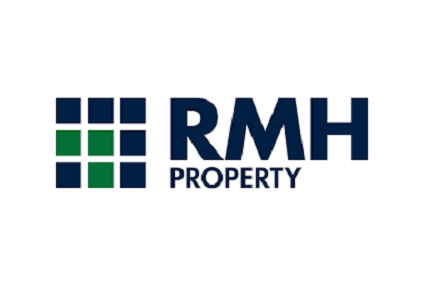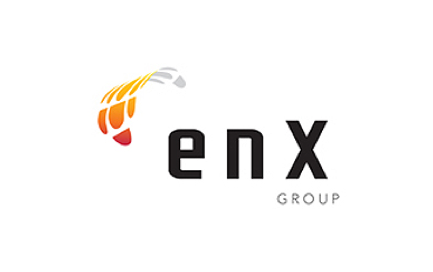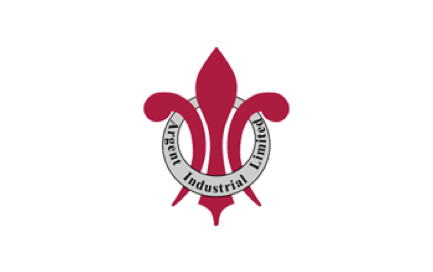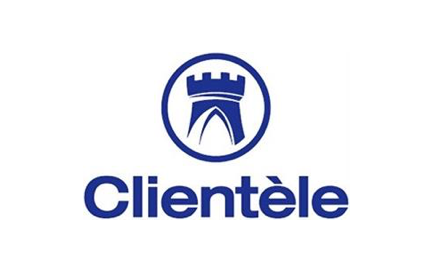AB InBev reports a significant drop in HEPS (JSE: ANH)
The difference between HEPS and the company’s normalisation adjustments is substantial
AB InBev has proven something that I already learnt from my dad: people aren’t very price sensitive to beer. Revenue is up by 10% for the first half of the year, although the second quarter growth of 7.2% is clearly a slowdown from the first quarter. This is despite total volumes down by 0.3% for the half, with a decline of 1.4% in the second quarter.
The group reports normalised EBITDA growth of 9.1% for the six months, with margin contracting by 29 basis points to 33%. I can only laugh at the company pointing out that underlying earnings per share “excludes non-underlying items” (very helpful), with this metric increasing from $1.33 in the comparable six months to $1.37 in this interim period.
I’m far more interested in HEPS, which has specific rules about what can be excluded. This tells a completely different picture, dropping from $1.43 in the comparable period to $1.00 in this period.
Net debt to normalised EBITDA increased from 3.5x at December 2022 to 3.7x at the end of June 2023.
I’m not sure that this is such a happy set of numbers, despite the company’s efforts to focus on “underlying EPS” instead of HEPS.
Earnings drop at Mondi but the dividend is higher (JSE: MNP)
Cash is king, clearly
In the six months to June, Mondi reported a drop in revenue of 14% and EBITDA of 28%. Despite this, cash generated from operations managed to increase by 6.7%, which is the only rational explanation for why the dividend is 7.7% higher despite HEPS dropping by 28%.
The balance sheet is still in decent shape at 0.8x net debt to underlying EBITDA, although this has deteriorated from 0.5x at the end of 2022.
Return on capital employed has dropped from 23.7% at the end of 2022 to 19.1%. That’s still a decent return, despite the sharp negative move in the operating environment.
The sale of the Syktyvkar mill is ongoing. The three Russian packaging converting operations were sold for €30 million.
The share price fell by roughly 5% on the day.
Mpact reports strong numbers across the board (JSE: MPT)
These are very impressive numbers in this environment
In the six months ended June, Mpact grew revenue by 8.7%. Thanks to the phenomenon of operating leverage and some solid cost control, this was good enough to drive operating profit growth of a juicy 37%.
Net finance costs were much higher (R131.7 million vs. R81.8 million), so this slightly blunted the growth at HEPS level. Still, HEPS up by 33% shows you that the company is coping with the higher cost of debt.
A further show of faith in the balance sheet is an increase in the interim dividend from 40 cents to 45 cents per share.
A big part of the success in this period is the combination of load curtailment agreements with Eskom and solar generation capacity. The combination means that the company doesn’t need to reduce production at anything up to stage 6, a brilliant competitive advantage in this operating environment. More solar projects are underway at the group.
Looking at the segments, the paper business grew operating profit by 19.8% despite lower volumes. Higher pricing increases led to a 7.2% increase in revenue. In the plastics business, volumes came under pressure in certain products but revenue still improved by 17%. The operating profit performance in plastics is certainly not worth presenting in percentage terms, as it jumped from just R3.5 million to R63.2 million!
Although this was an extremely strong period, there are some headwinds in the paper business from planned downtime at certain facilities in the second half of the year. Still, this is a far better performance than we’ve seen from most companies in the first half of 2023.
Sabvest indicates modest growth in the NAV (JSE: SBP)
The Transaction Capital stake wouldn’t have done it any favours
Sabvest is an investment holding company, so the focus is on net asset value (NAV) per share rather than headline earnings. For the six months ended June, the NAV per share is expected to increase by between 6.4% and 10.5%.
The dividend is flat at 30 cents per share.
The expected NAV per share range is R111.05 to R114.80 and the current share price is R71.10. A discount to NAV is standard practice on the JSE for investment holding companies.
It would make a big difference here if the Transaction Capital stake started to behave itself, as Sabvest has a significant stake in the company.
Sappi suffers an 80% drop in HEPS (JSE: SAP)
The market seemed to expect a worse outcome, with the share price green on the day
Paper and pulp markets are extremely difficult. When customers expect prices to drop, they actively destock (i.e. hold less inventory) in the hope of buying once the price has dropped. This can leave a business like Sappi with a revenue and profit problem, as stock that was produced at a higher price is then difficult to sell. The only response that the company can implement is to save costs and curtail excess production, while focusing on cash generation.
Although selling prices for the quarter ended June above last year’s levels for some of the products, a sharp drop in volumes meant a 27% drop in revenue reported in dollars. This drove a horrible result as you move down the income statement, including a 71% drop in EBITDA and 80% decrease in HEPS.
Over the nine months to June, revenue fell 18% and HEPS declined by 43%. So, the latest quarter was worse than the preceding quarters.
Sappi generated $73 million in net cash for the quarter and invested $62 million in capital expenditure, so free cash flow was barely positive in this period.
Unlike at Mondi, there’s no dividend at all in this period, just like in the comparable period. Instead of cash dividends, Sappi has been executing limited share buybacks. The major focus is on reducing net debt from $1.176 billion to $1 billion.
Looking ahead, the group expects EBITDA in the fourth quarter to be marginally ahead of this quarter.
Shaftesbury sounds bullish post-merger (JSE: SHC)
Property valuations are flat, which isn’t bad in this environment
Shaftesbury is focused on London’s West End, which isn’t exactly the worst place to own a property or two.
As we’ve seen in so many offshore funds, rentals are higher but valuations are under pressure as yields moved out. A number of funds have reported a drop in portfolio value, so a flat performance at Shaftesbury is pretty good actually. Rents grew by 3.3% on a like-for-like basis and the portfolio value was unchanged over the past six months.
The loan-to-value ratio is 31% and the weighted average cost of debt is now up to 4.3% vs. 2.7% pre-merger. This is why so many property funds are taking strain.
The fund is planning to recycle approximately 5% of the portfolio value i.e. sell buildings and acquire new ones.
The interim dividend is 1.5 pence per share.
South Ocean: watch the cash (JSE: SOH)
HEPS might be up but the business is a cash hungry animal
South Ocean Holdings probably isn’t on your radar. The company is primarily involved in the manufacturing of electrical cables, a business model that is very cash intensive in terms of working capital.
The numbers for the six months to June prove it. Revenue increased by 26.4% and operating profit jumped by over 40%, with HEPS up by 51.3%. Before you reach for the “buy” button in celebration, you may want to look at the cash flow statement and balance sheet.
There seems to be some seasonality in the business, as the prior interim period was also cash flow negative at operating level and came right by the end of the year. As revenue has ramped up, so too has the negative cash flow, now at R201.6 million cash outflow from operations vs. an outflow of R120 million in the prior period.
The inventory balance has jumped from R249 million to R437 million. The overdraft is up from R32 million to R135 million. I wish the management team gave more commentary to work with, as it’s quite possible that the business has simply geared up for a very strong second half.
Wesizwe’s Bakubung Platinum Mine is still closed (JSE: WEZ)
The very last thing anyone needs to see is mining strikes
Due to an unprotected strike, Wesizwe Platinum’s Bakubung Platinum Mine has been closed since 20 July. Management is “working tirelessly” to find a solution, but there’s no indication of a speedy resolution on the horizon.
With PGM prices under pressure and mining inflation under pressure, no mining group can afford a drop in production because of strikes.
Little Bites:
- Director dealings:
- You won’t often see a “change statement” on the JSE. This happens when finalised results are different to provisional results. At Copper360 (JSE: CPR), HEPS for the year ended February was originally reported as a loss of 37.6 cents. This has increased significantly to a loss of 53.1 cents, with various differences ranging from accounting treatment of loans through to inventory adjustments. Although IFRS accounting rules are very complicated and these things happen, it’s not a great start to life as a listed company.
- Omnia (JSE: OMN) has noted that GCR Ratings has upgraded the long-term credit rating to A+(ZA) and affirmed the short-term rating at A1(ZA). This is good news for the company and its borrowing costs, but should never be interpreted by equity investors as being an opinion on the share price. Credit rating agencies are only giving a view on the balance sheet and cash flows from an affordability perspective, not an equity growth perspective.
- RMB Holdings (JSE: RMH) has reached an agreement with dissenting shareholders (the s164 Companies Act process that has had a lot of recent attention). Provided the correct court process is followed, shareholders can demand to be paid out fair value where there is a scheme of arrangement. With so many JSE-listed groups trading below fair value, these are becoming more common. Shareholders of 0.944% of the company’s shares followed this process and will be paid out 197.76 cents a share, which is way more than the current share price of 47 cents.
- If you are close to the enX Group (JSE: ENX) mandatory offer process, then you may want to read Thursday’s announcement with some additional disclosure around director interests in the entities related to the mandatory offer.
- Argent Industrial’s (JSE: ART) CFO has retired and has been replaced by an internal candidate. It’s always good to see a solid succession plan play out.
- With plenty of legal heat suddenly on Pheladi Gwangwa, she has resigned from the board of Clientele (JSE: CLI). That’s the right move under the circumstances.

